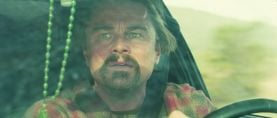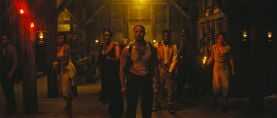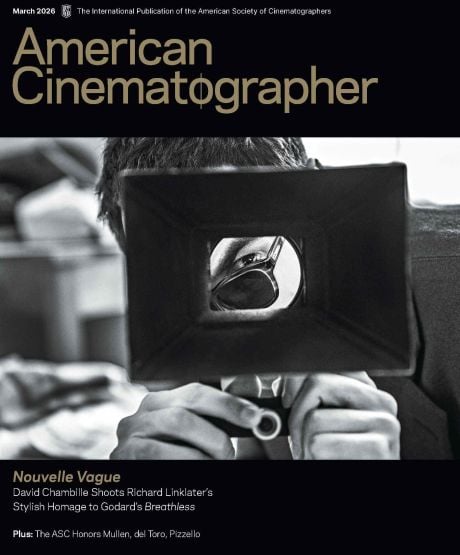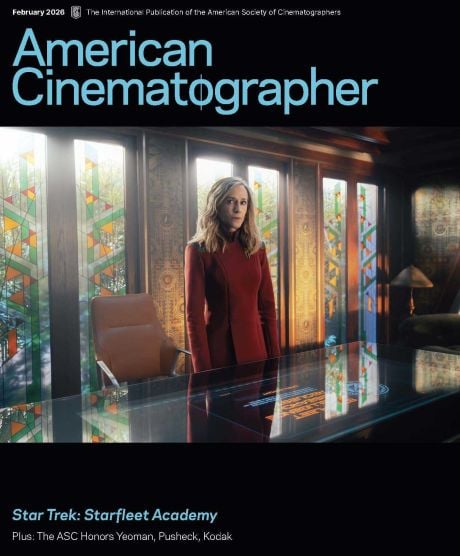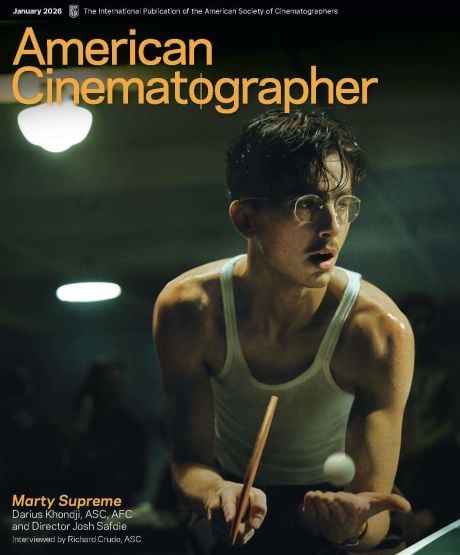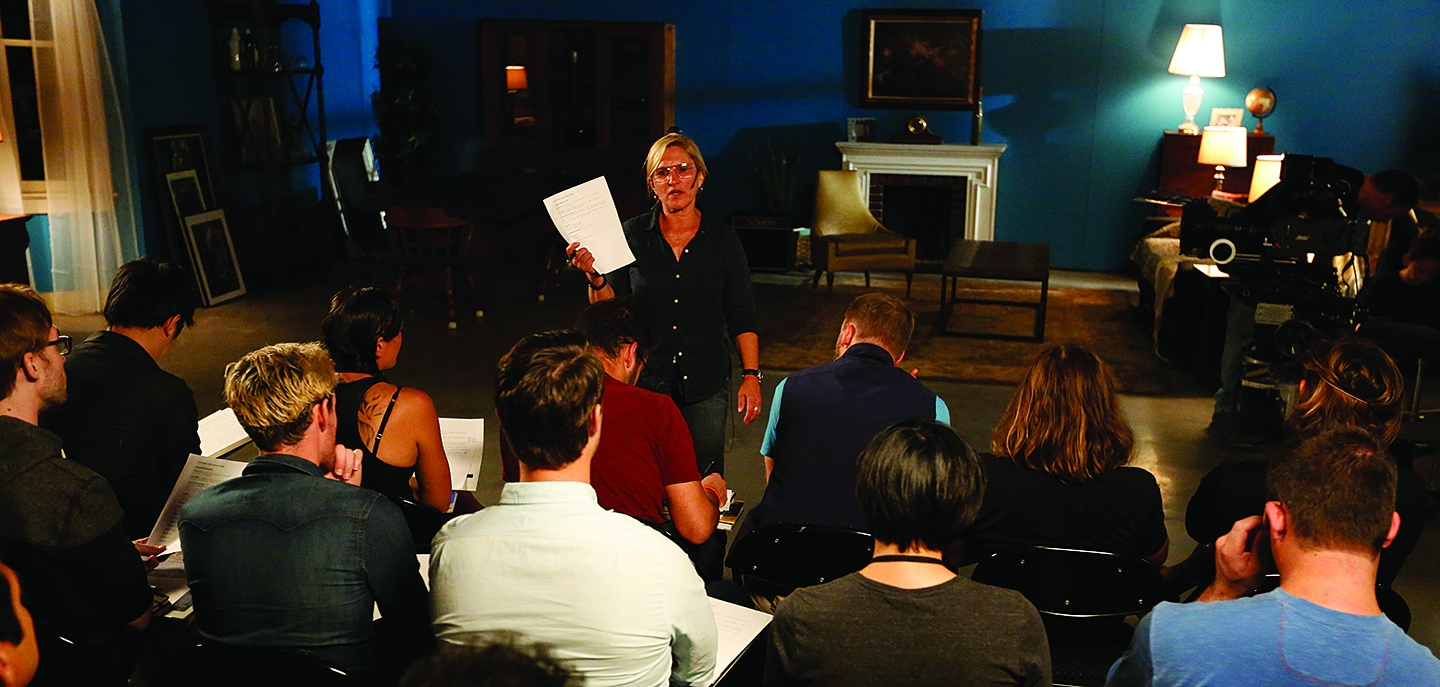
Pro Tips for Aspiring Cinematographers
Mentorship-focused Society members answer frequently asked questions.

By Peter Tonguette
For members of the American Society of Cinematographers, mentorship is something of a way of life. Whether advice is given on a set, in a screening room, at the Society’s Clubhouse, as part of the popular ASC Vision Mentorship Program (see below), or within the framework of a lifelong mentor-mentee relationship, veteran directors of photography are eager to share knowledge with aspiring and emerging filmmakers.
In that spirit, AC asked four Society members to field some frequently asked questions, starting at the beginner level, then moving into more advanced areas.
Bill Dill, ASC teaches cinematography at Chapman University and has mentored a great number of students.
Henner Hofmann, ASC, AMC was presented with the first-ever Certificate of Recognition from the ASC for his contribution to education in cinematography.
Charles Minsky, ASC has volunteered countless hours at the Society’s Education & Outreach events, participating in Q&As with students from dozens of high schools and universities.
Amelia Vincent, ASC was awarded the ASC Cinematography Mentor of the Year Award in 2018 by the International Cinematographers Guild, for mentoring and assisting many women in the entertainment industry.
American Cinematographer: How important is going to film school?
Amelia Vincent: Because filmmaking is such a collaborative endeavor, it’s a really nice way to initiate yourself into that whole-group creative process. I also love the renegades and rebels who pick up whatever camera. I don’t think there’s any one way, and I think the creation of images, or the ability to shoot, has become more and more accessible.
Henner Hofmann: I think it’s very important — film school gives you the intellectual knowledge.
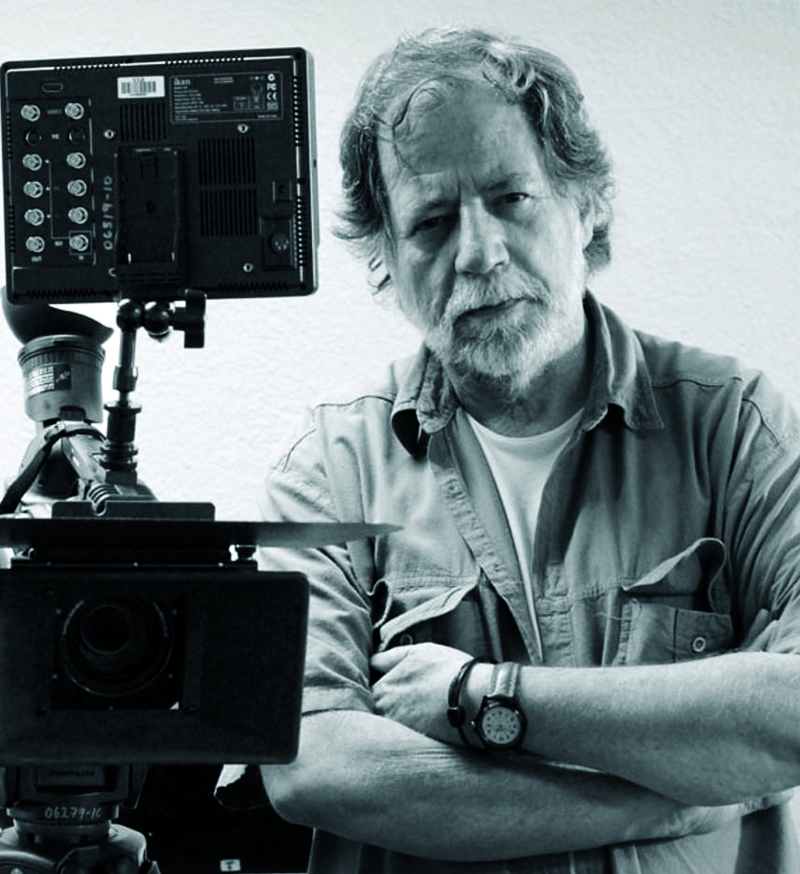
Charles Minsky: Film school gives you a passage into the film community. You have mates, you have friends that you went to school with, and those are the people that you wind up getting the next job from. Obviously, the background in film, the ability to make a film, the understanding of film — that’s really important.
Bill Dill: I don’t think film school is a prerequisite. I studied film in undergrad, but I didn’t see a grad school that offered the kind of rigorous program I was looking for. I started teaching at AFI because I wanted to create the program I would have wanted to attend — to teach things I would have killed for someone simply to tell me.
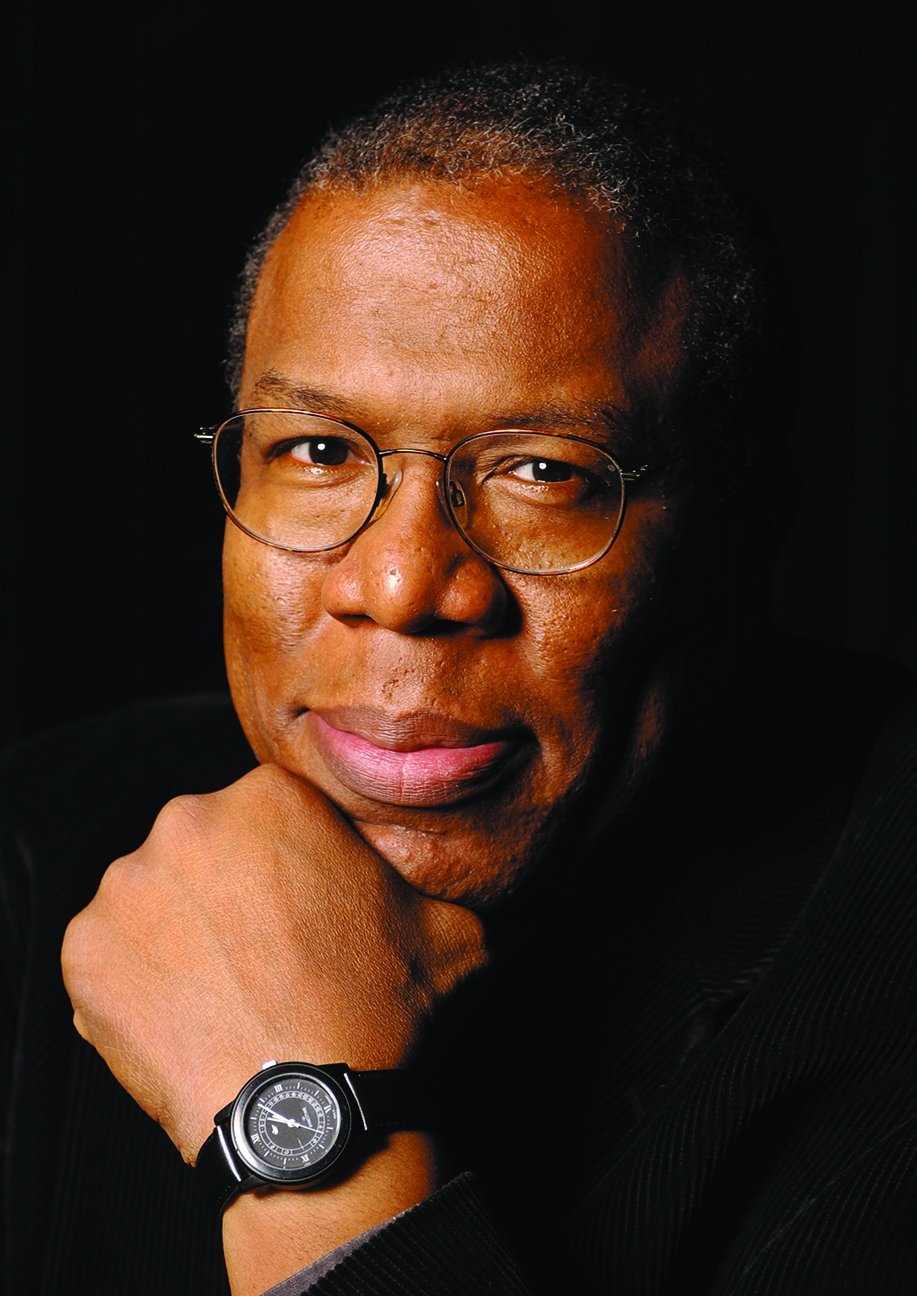
Should I learn how to do other jobs on set before I start pursuing the position of cinematographer?
Vincent: For one thing, it’s really fun to gain an experientially based knowledge of all the elements that need to come together to make cinematographic images — that process gives you a certain humility. A good dolly grip is a precious commodity to me. When I was in film school, I remember I always wanted to serve as dolly grip on student productions. When you are working in a collaboration-based art form, it’s really important to have an understanding of the skills other people are providing.
Hofmann: If you know how to do it, you can tell somebody how to do it and recognize if it’s well done or not.
Dill: I never wanted to be a camera assistant as a Black cinematographer, and I probably wouldn’t if I were a woman, because I felt like I’d stay somebody’s assistant. I know some brilliant operators who are Black, and they’ve been doing it for years, who could proba-bly make that move to cinematographer but have not. I don’t have a problem with a young cinematographer starting out with smaller work as a cinematographer, as opposed to doing bigger work as a 2nd electric or 2nd AC.
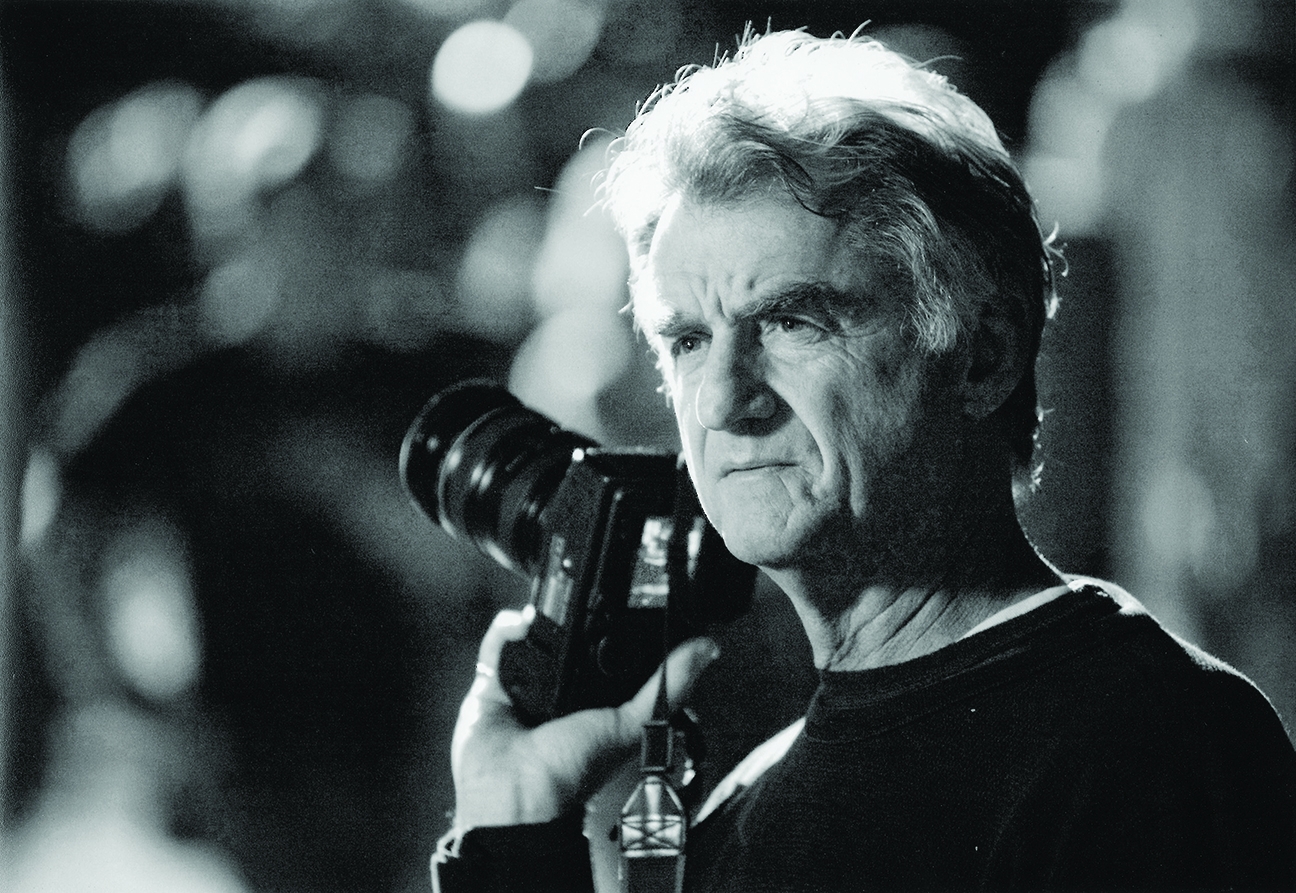
Is it still important for me to learn how to shoot on film?
Vincent: I think you should be exposed to it, and I think you should understand the discipline that comes with that.
Dill: You still have to be disciplined to shoot digital well, but you can shoot digital sloppily. It’s way harder to shoot film sloppily.
Minsky: If you can, I would jump at it, but you have to be ready to really do your homework — and test it, and test it, and test it until you start to understand it.
What are the components of a good reel?
Minsky: You want to show that you can do day exterior, night exterior, day interior, night interior.
Dill: Strongest thing first, second-strongest last. Don’t repeat yourself. If you have any doubts at all, leave it out. Better short and great than long and mediocre.
Hofmann: Even if you know how to edit, if you have access to an editor who has made 2,000 reels, go with them. It’s a very important tool, so if you have the option, don’t try to make it at home in your bedroom.
What are some of the warning signs that might tell me it’s best to turn down a job?
Dill: Lack of preparation time, above all else. That’s a huge message from the production — what they think of the work you’ve come there to do.
Vincent: If you have this amazing script and it’s a small-budget movie and the director is totally inspiring — if they’re not budgeted with enough time for me to help the director to get the images to tell the story, that’s a real red flag.
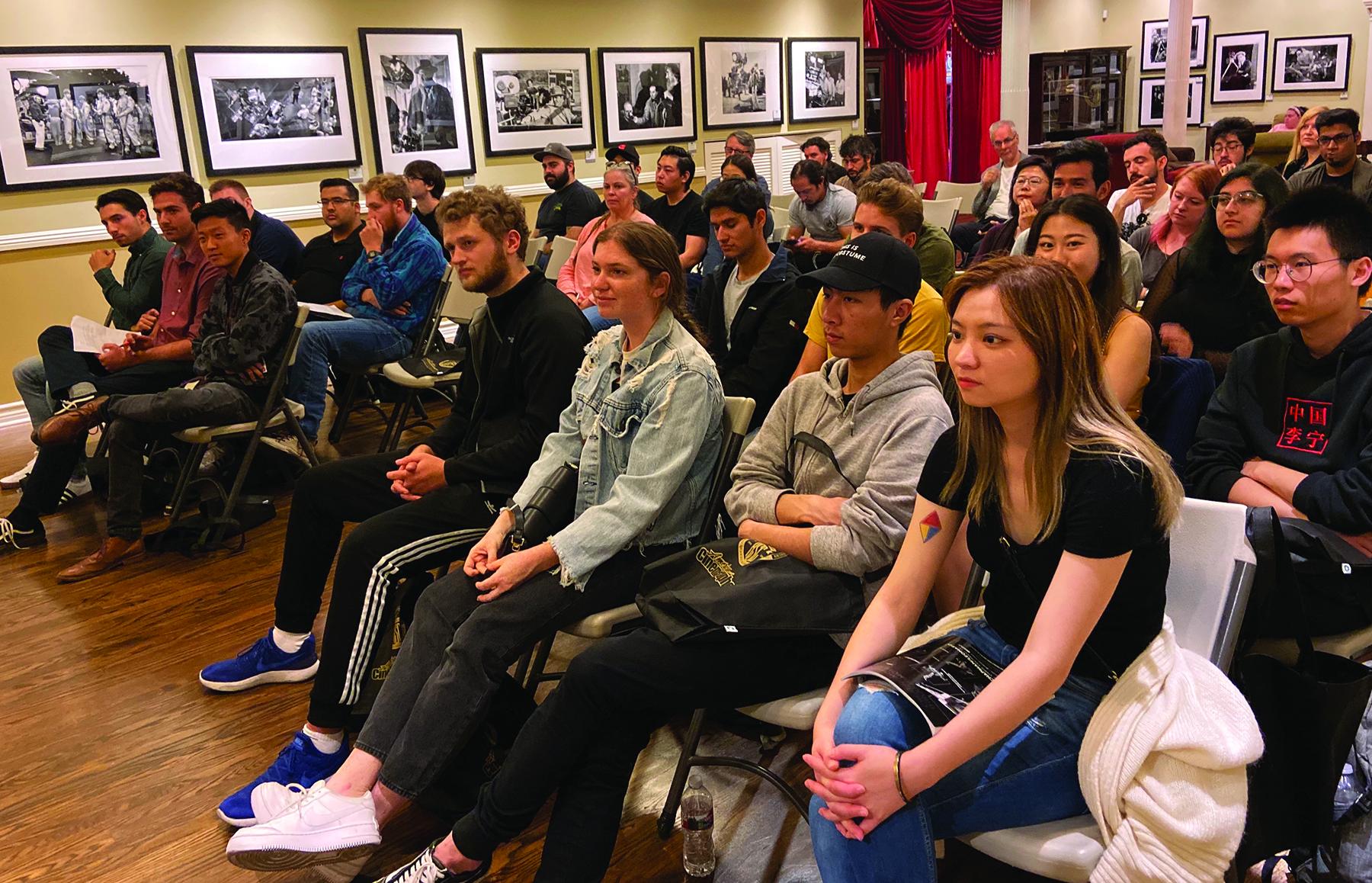
Hofmann: When the script is idiotic. It will not bring anything to you. Your last work leads to your next work. It will be the platform to jump to the next one, and if your work stinks, then you have problems because you need to rebuild your entire professional reputation. If it’s not a solid script, then go to the next one.
How should I approach working with a director who’s extremely visual, or conversely, one who does not seem to have a highly de-veloped visual sensibility?
Hofmann: The director who has [well-developed visual sensibilities] is easier. In the other case, you need to teach the director. You need to come with the material, with the books, and say, ‘What do you think about this image? What do you think about this palette of color?’ On any film, you need to develop an aesthetic concept.
Minsky: A director who’s very visual can really show you how they want it to look and feel, and then it’s your job to take that goal and enhance it. The more ability the director has to tell you what their vision is, it’s only going to make your work better.
Dill: Often, a director will say something but the terminology doesn’t make a whole lot of sense. The thing that matters is that you both can look each other in the eye and understand what he or she means by that. Don’t get hung up on the vocabulary or the mechanics.
What are some of the interpersonal and leadership skills that are necessary for a cinematographer to have?
Minsky: You have to be a person who your crew can come to with problems, and a person who can help them. I stick up for my crew. Sets are very changeable, emotional, volatile. People get into arguments and people disagree. Some of it you get involved in, but most of it you don’t. However, if it involves the set dynamics, which then involves your job, you have to be very, very straight and clear about what’s good and what’s not good. It’s also so important to learn that you can’t burn your bridges, and to learn how to get along with somebody whose vision isn’t the same as yours — and yet still propel yourself and the production forward to keep creating the vision that the director has.
Hofmann: You are the boss on the set and you are leading most of the crew. You need to be polite, you need to be precise, and when you decide to do something, you need to be sure of what you [direct people to do], because you can’t send somebody 20 feet up in a crane with a big light and then say, ‘No, you know what? We need to move it.’
Vincent: You can’t be afraid to share your ideas. You have to be willing to put your lookbook on the table.
Dill: The most valuable thing is honesty. Without a doubt, when someone asks if you can do something, the answer is ‘yes’ — and then you go figure out how! The honesty part is complete understanding that I, in fact, don’t know how to do something, and I’m now going to go find out.
How can I go about improving these skills?
Dill: Ask good questions — that’s a start. Listen well. It’s problematic when one’s thought process is that you have to beat your chest and say, ‘I’m the DP!’ It’s also good for other people to win — the set rises to the highest level of commitment, and doesn’t sink to the low-est.
Vincent: I had the privilege and honor of being mentored by John Lindley, ASC, who is now the president of our labor union. I learned as much about life and how to be a person in the world from John as I did about lighting or camera. I think it’s really important to have someone like that in your life.
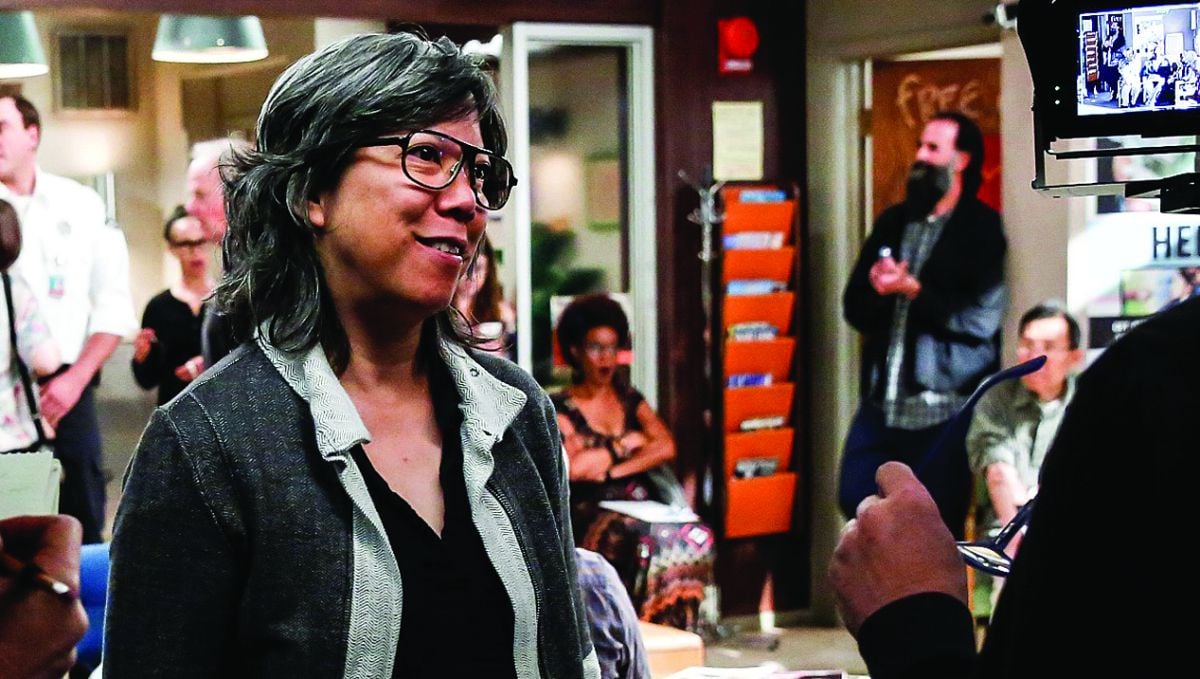
The second round of the ASC Vision Mentorship Program kicked off in September 2020, undeterred by the coronavirus pandemic. In fact, with many cinematographers sidelined due to the industry-wide production halt, more were available to take part. A total of 96 ASC mentors, paired with the same number of mentees, participated in the program’s current session. Interest among potential mentees — who generally have between three and five years of experience in the field, and are looking to advance in their careers — was also up, with applications rising dramatically.
“After the first year, people started hearing about the program and passing on the information,” says Patti Lee, ASC, co-chair — along with fellow Society member Todd A. Dos Reis — of the program.
Although in-person interaction, including any potential set visits, was not possible, the discussion between mentees and mentors remained vigorous, even if it took place via email, text message or Zoom call. “There’s always a way of creating a relationship,” Lee says. “If you’re having a Zoom conversation, you’re still having a one-on-one conversation where you’re looking at each other and asking specific questions.”
No matter the form of communication, the discussion was able to continue between veteran cinematographers and their up-and-coming compatriots. “We’ve all had mentors,” Lee says. “We’ve all gotten where we’ve needed to go because we learned from other cinematographers who shared their knowledge with us.” — Peter Tonguette
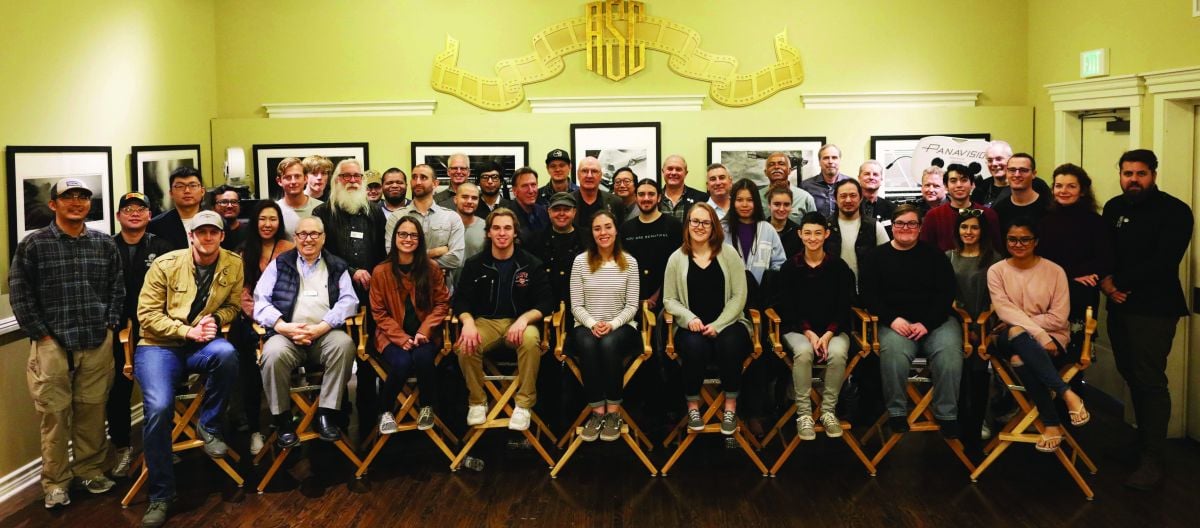
The ASC looks forward to the return of in-person “Dialogue with ASC Cinematographers” events at the Society’s Clubhouse in Hollywood — another ASC program dedicated to bringing the knowledge of seasoned cinematographers to the next generation of filmmakers.
The educational series, which has brought in students from schools across the country and the globe, is programmed and moderated by Education & Outreach Committee co-chair George Spiro Dibie, ASC — an award-winning cinematographer and veteran educator (pictured in photo above, front row, second chair from left). The informal discussions have no set agenda, and are structured around the students’ questions.
“We’re there to honestly answer their questions, with no agenda or bias,” Dibie says. “We just give them the truth; the reality of what it is to build a career, assemble a crew, collaborate on the set and — most importantly — to understand that everything cinematographers do is about understanding and telling the story visually.”
